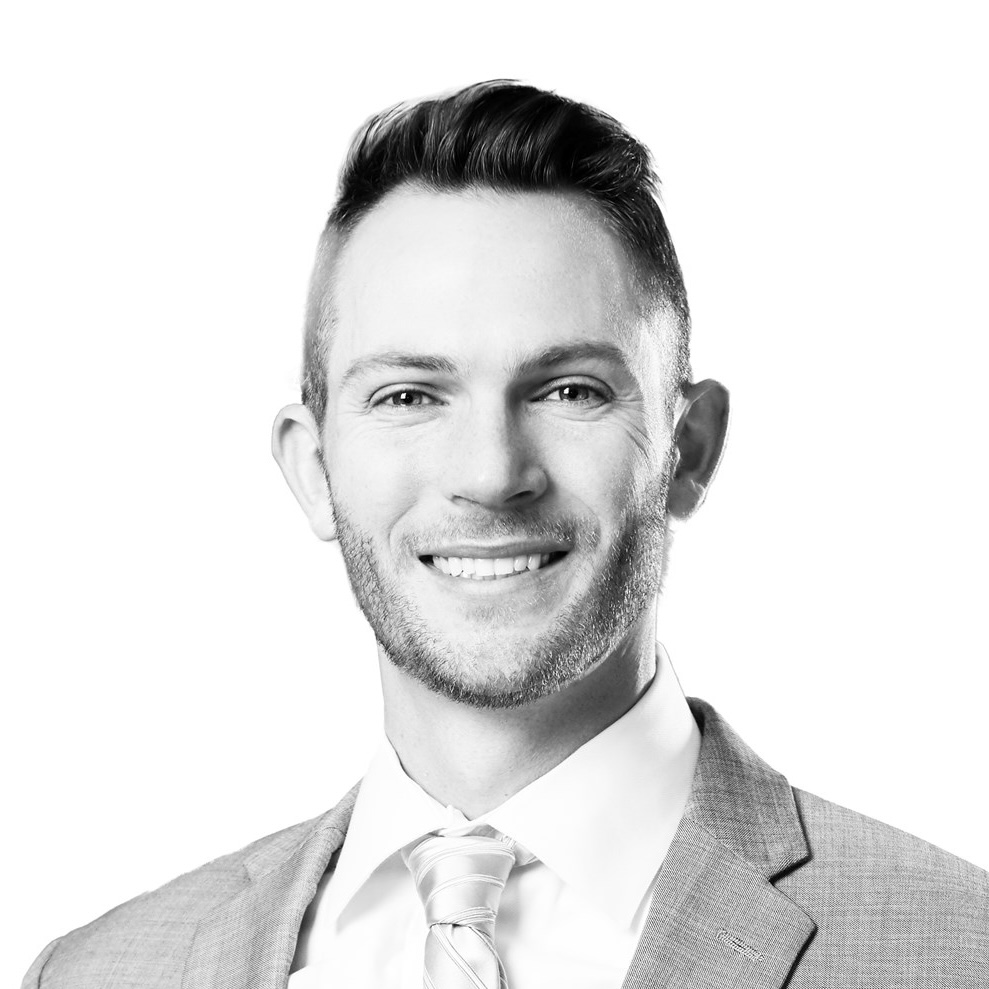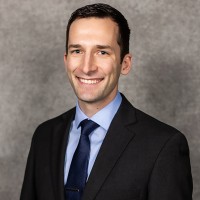Case Study: St. Louis County Landfill Geothermal Heat Recovery and Leachate PFAS Treatment Systems Project
Landfills are not often associated with sustainable design. St. Louis County (Minnesota) is working to change this mentality by simultaneously tackling two significant environmental issues: climate change and per- and polyfluoroalkyl substances (PFAS) management.
St Louis County broke ground in early 2025 at its Virginia Regional Landfill for the construction of the first fully permitted, land-applied PFAS leachate treatment facility in the state of Minnesota. To minimize added emissions and reduce energy use, the new leachate treatment system will use heat produced by the landfill’s decomposing waste captured by its landfill-based geothermal system (constructed in 2024) to heat the treatment building and some treatment processes.
The Virginia Regional Landfill is a municipal solid waste landfill located in out-state Minnesota that spray-irrigates its landfill leachate onsite. Since the emergence of PFAS as a significant health concern, the Minnesota Pollution Control Agency (MPCA) has indicated that leachate spray irrigation will no longer be allowed without significant treatment. Publicly owned treatment works (POTWs) within Minnesota have also signaled concern regarding continued acceptance of leachate for treatment. This project and its state-of-the-art design will allow St. Louis County to successfully continue onsite leachate management and land application at its Virginia, Minnesota, facility. This presentation will:
- Review the regulatory landscape and driving factors that led to the project
- Review past pilot treatment evaluations and results
- Provide an overview of the facility and its full-scale, advanced leachate treatment system
- Present design considerations and selection for the facility’s major treatment processes and infrastructure, including PFAS treatment and other compounds of interest such as boron
- Concentrate management and next steps for evaluating PFAS destructive technologies
- Provide an overview of the landfill-based geothermal system, general concept, design considerations, and final and as-built designs for the landfill cell constructed in 2024
By leveraging landfill heat, the treatment system can operate at a lower operating cost while improving overall performance and reducing added emissions.
About the Speakers

Brad Sullivan
Senior Associate, Civil Engineer | Stantec
Brad Sullivan has more than 18 years’ experience as a civil engineer with expertise in construction for solid waste and wastewater facilities and infrastructure. His portfolio includes landfill construction, leachate management, landfill gas management, stormwater management, transfer station and recycling facility design, and waste diversion and beneficial use. Far from simply putting waste out-of-sight and out-of-mind, Brad sees waste management as a critical part of reducing our impact on the environment—whether on the land, in the air, or in the water. Away from work, Brad spends his time camping, hiking, biking, and snowboarding with his wife and four kids. He’s also a life-long musician who performs regularly and loves teaching and mentoring younger aspiring musicians.

Jonathan Novak
Chemical Engineer | Northeast Technical Services, Inc.
Jon Novak is a wastewater engineer and operator with Northeast Technical Services (NTS) in Virginia, Minnesota. Jon has a bachelor's in chemical engineering and is a licensed professional engineer and Class C wastewater operator in Minnesota. Jon has 8 years of experience in environmental consulting and wastewater operations and engineering.
Speakers
-
Brad Sullivan
Senior Associate, Civil Engineer
Stantec -
Jonathan Novak
Chemical Engineer
Northeast Technical Services, Inc.






